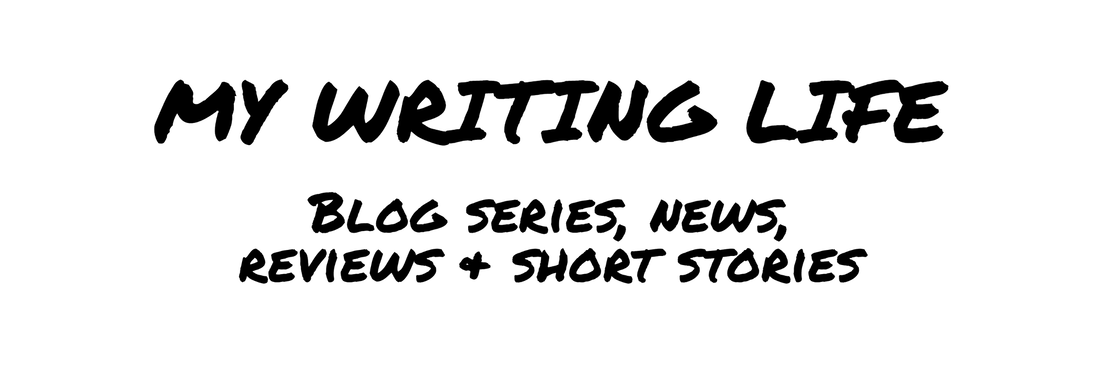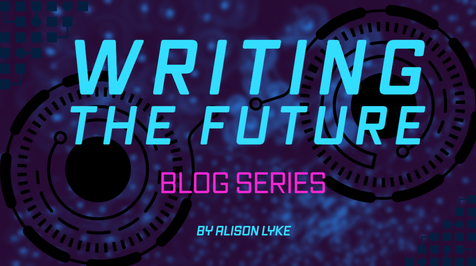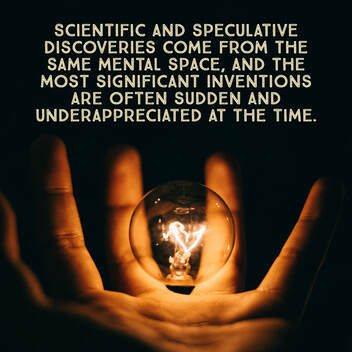|
This is the #3 post in blog series on writing speculative science fiction. It’s from a workshop I conducted at Writers & Books in February 2020. For this blog series, I’ve split speculation up into two categories – scientific speculation and social speculation. You could easily split the genre in any number of ways, utopic vs. dystopic, earth-based stories vs. space stories, and so on. But, Scientific vs. Social is both separate and entwined in ways that lends to an engaging discussion. So, scientific speculation, for the purposes of today’s blog, I’ve lumped together with technological advancements. It’s anything hard and apart from human behavior or societal trends, although it will undoubtedly be effected by and affect human behavior and patterns. So how do we as laypeople predict the next breakthrough? For one, scientific and speculative discoveries come from the same mental space, and the most significant inventions are often sudden and underappreciated at the time. William Gibson, the science fiction author, credited with coming up with the term “cyberspace” – a term we use every day – was simply trying to come up with a word to describe the place behind the screen. He tried out “infospace” and “dataspace” before finally settling on a term that sounded right. He first used the term cyberspace fleetingly in his 1981 short story “Burning Chrome” and then expanded on the concept in his inceptive cyberpunk Neuromancer. Gibson wasn’t being predictive when he named cyberspace, he was just descriptive. He was prophesizing, however, when he described it:
“Cyberspace,” Gibson said in 1984, “A consensual hallucination experienced daily by billions of legitimate operators, in every nation. . . . A graphic representation of data abstracted from the banks of every computer in the human system. Unthinkable complexity. Lines of light ranged in the nonspace of the mind, clusters and constellations of data.” – Sound Familiar? So, how does Gibson do it? He has a deep engagement with the present and an insatiable curiosity that drives him to investigate the emerging and the theoretical. He pays attention to the news surrounding science and tech, he watches how people interact with new tech as it becomes widely adopted, and he looks at how inventions have changed society throughout history. Can you replicate this method? – of course. Here's the thing with scientific speculation: the future is never here. We’ve never arrived at the place that was written about. Instead, we are taking what is already around us and hammering a future out of it. More importantly, we’re considering the ramifications of these breakthroughs – or potential discoveries, and wondering what will happen when they’re widely accessible. What happens when everybody has a robot? Or – what would our world look like if medical science doubles life expectancy? This is where philosophy merges with science and why science-fiction is so important.
0 Comments
Leave a Reply. |
Alison Lyke
Categories
All
Archives
November 2022
|



 RSS Feed
RSS Feed
